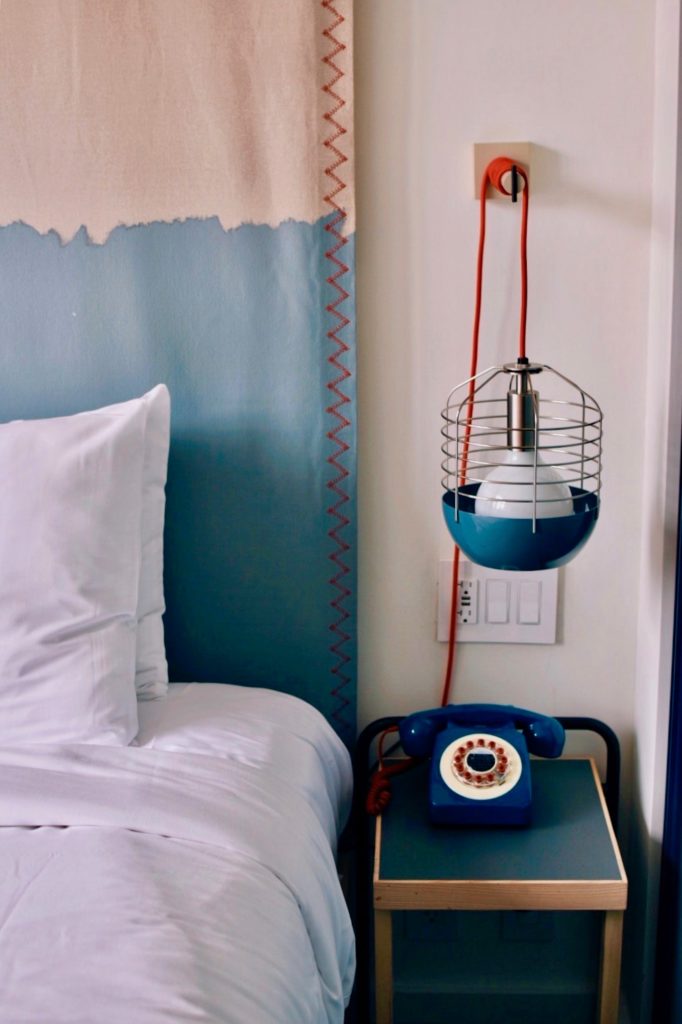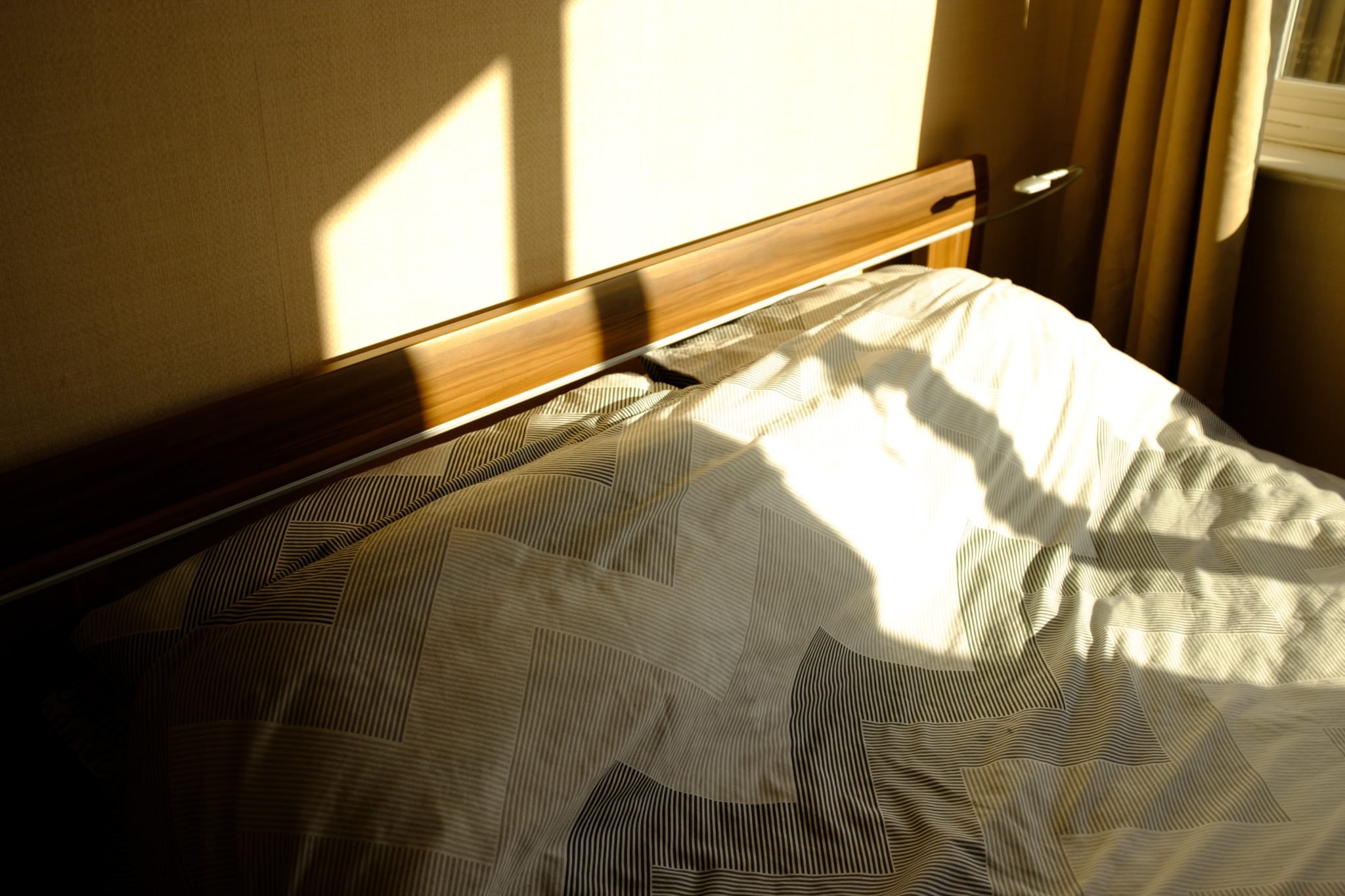Tips & Tricks: How Lighting Can Affect Your Bedtime
Have you ever wondered, “Does lighting actually affect my bedtime?” or “Does leaving the light on during the night ruin my sleep routine and REM cycle?”
So many times a light is left on during the night and you wake up feeling groggy no matter how many hours you slept! It’s time we find out about lighting’s effect on people’s sleep schedules and how you can improve your nightly routine to ensure a good night’s sleep, every night!
How Your Body Prepares for Sleep
Have you ever woken up in a panic thinking that you missed your alarm? Or maybe you woke up just a few minutes before your alarm set off (and wished you could’ve slept those extra few minutes)?
This happens because our bodies have natural, internal alarm clocks that mirror nature’s cycle of day and night and regulate feelings of sleepiness and wakefulness 24 hours a day!
The cells within the retina of your eye detect light exposure and send signals to your brain to wake up. Your brain then triggers several different chemicals that cause your body to change behavior and awaken from a deep sleep.
When the sun begins to rise and your eyelids sense the sunlight coming in, the level of melatonin in your body decreases and your body temperature begins to rise, activating your body and making you feel alert and ready to start your day. Alternatively, in the evening when the sun starts to set, your melatonin rises and your body temperature drops, making you feel cozy, snug, and ready for bed.
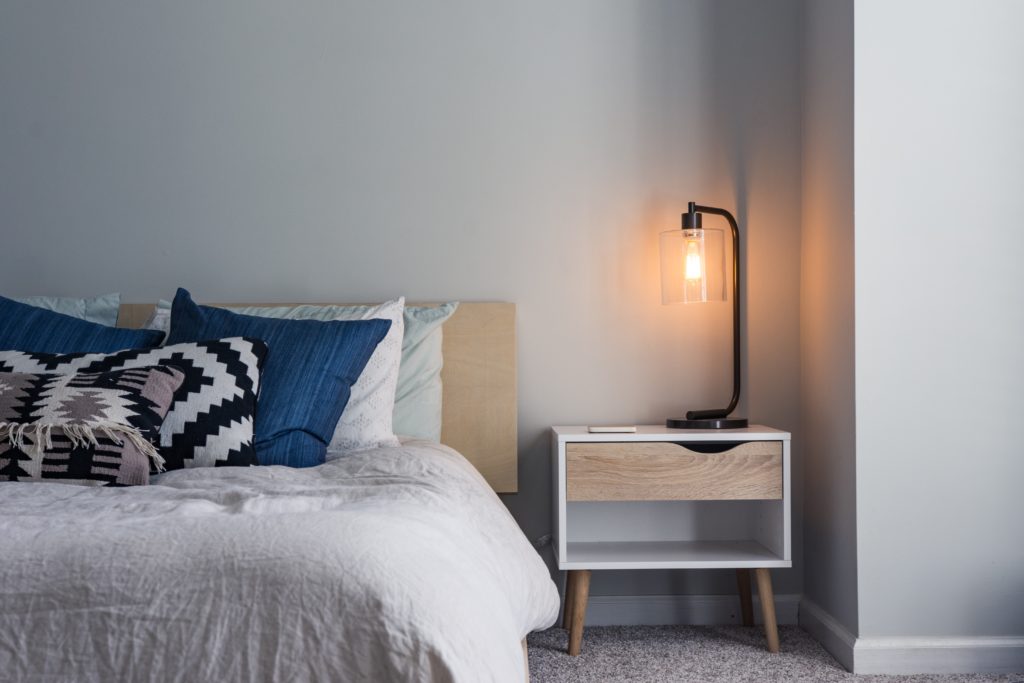
Why Light Affects Your Sleep
So, how does light affect your sleep? As we just discussed, the biological clock that your body naturally depends on could be disrupted from extended light exposure. Too much light before bed may cause you from getting a good night’s sleep, as the nerve pathway from your eyes to your brain may continue to send signals in an effort to keep yourself awake.
More specifically, blue light that is emitted from the tv or your phone actually delays the release of melatonin in your body, signaling your brain to stay awake for a longer period of time. This is why it’s important to reduce screen time for yourself and the kids before bed. Instead, try reading a book or practice mind-body exercises like meditation or yoga!
The Best Kind of Lighting for Nighttime Use
Sleep specialists recommend utilizing red, amber, or orange light before bed to preserve your body’s natural melatonin levels. These lights do not have the same effects as blue and white lights and help our body’s circadian rhythms stay in check.
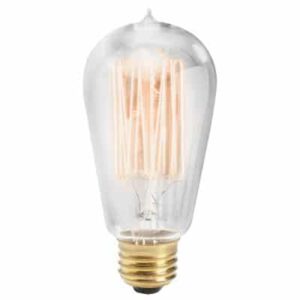
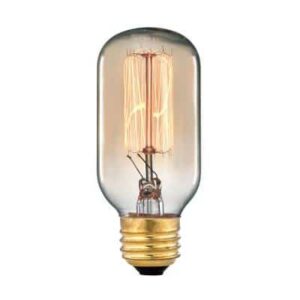

Tips And Tricks For A Good Night Sleep
So, what’s the best way to ensure a good night’s sleep AND a day feeling rested and “ready-to-go”? Here’s our best tips:
- Regularly expose yourself to sunlight throughout the day to keep your circadian rhythms in check
- During the night, keep your sleep environment dark by utilizing black-out curtains, drapes, or an eye mask
- Before bedtime, limit your screen time. Put away your phone and computer, and turn off the television.
- Change your bedtime routine by reading each night! Shop bedside lighting and lamps that are perfect for nighttime reading!
- Try to go to bed and wake up around the same time each day (even on the weekends!)
- Avoid heavy or large meals before bed
- Limit daytime naps
- Incorporate physical activity in your daily routine
